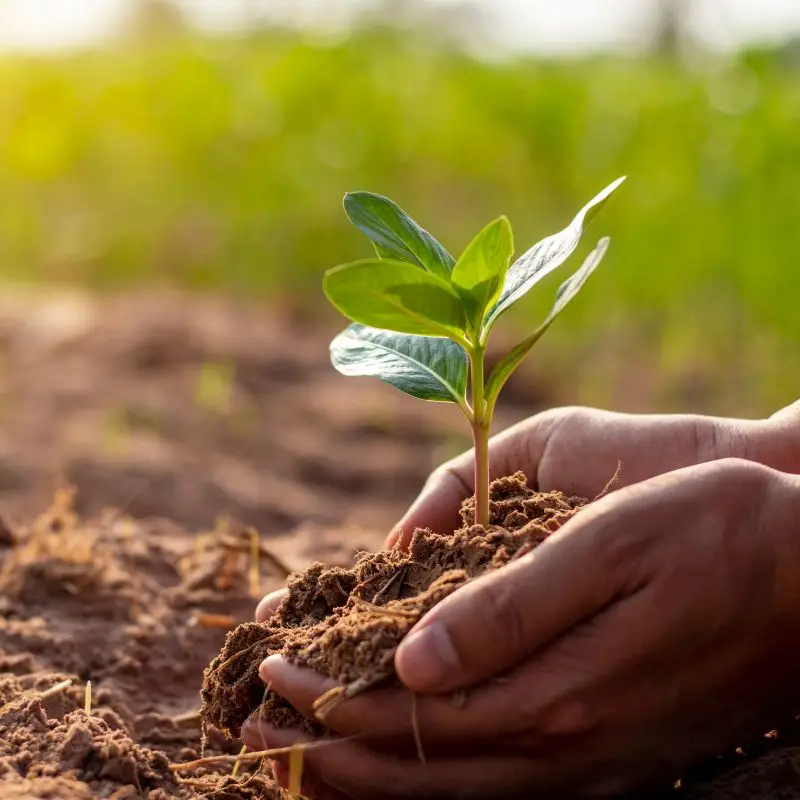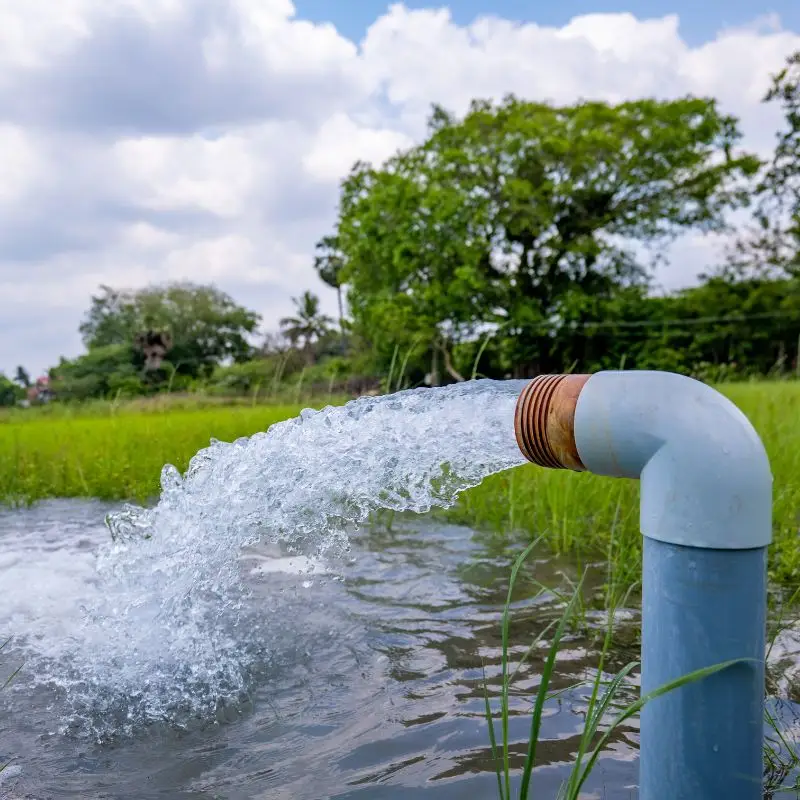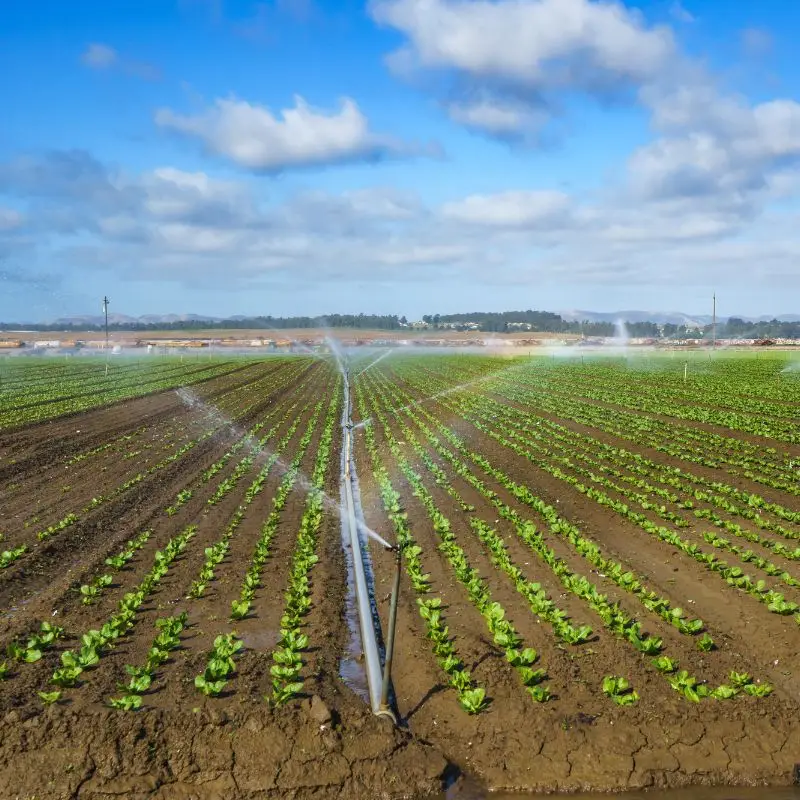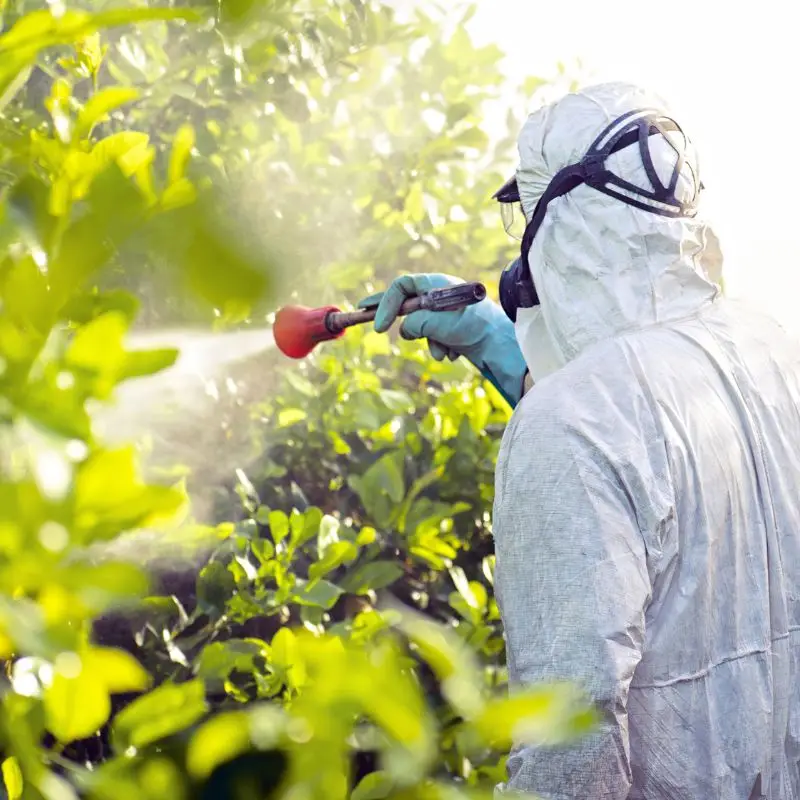
Importance Of Soil Health
Soil health is essential for maintaining crop yields, fertility, and overall plant productivity. It's vital for maintaining the quality of the soil, supporting plant growth, and preventing soil erosion and disease. Regular soil health checks and maintenance are crucial for maintaining the health of your land.
Nutrient Management
Efficient nutrient management ensures healthy soil and higher crop yields. By using soil testing, organic fertilizers, and precision application techniques, farmers can optimize nutrient uptake, reduce waste, and improve long-term soil fertility.
Pest Management
A balanced approach to pest control reduces crop damage while preserving beneficial insects. With integrated pest management (IPM), biological controls, and targeted pesticide application, we promote sustainable and eco-friendly pest solutions for healthier farming.
Disease Control
Early disease detection and prevention are essential for reducing crop losses. Using AI-powered monitoring, resistant crop varieties, and eco-friendly treatments, we help farmers safeguard their produce against bacterial, viral, and fungal infections.


